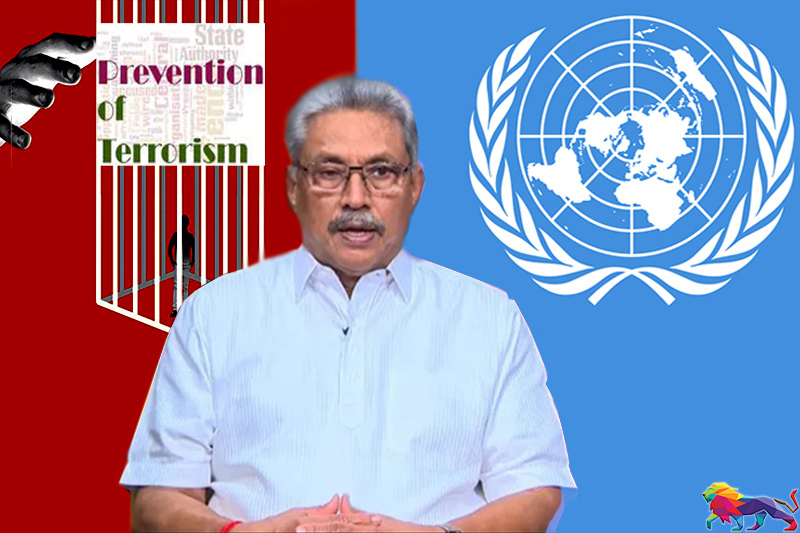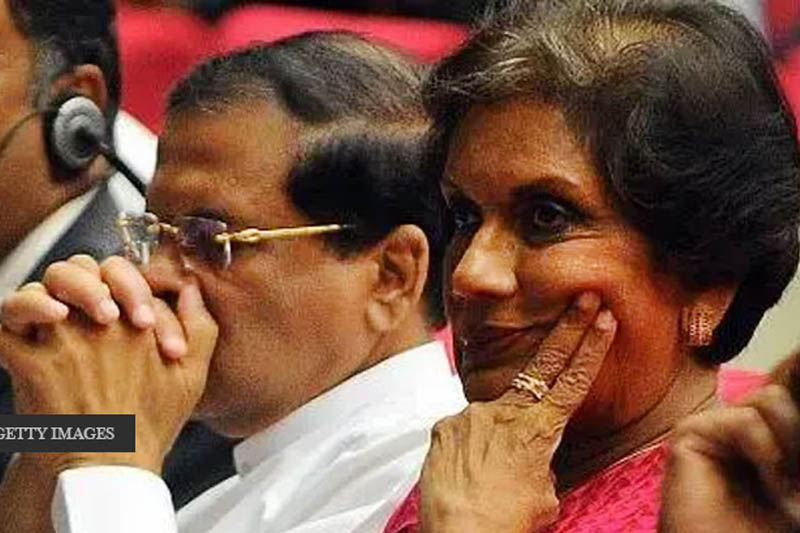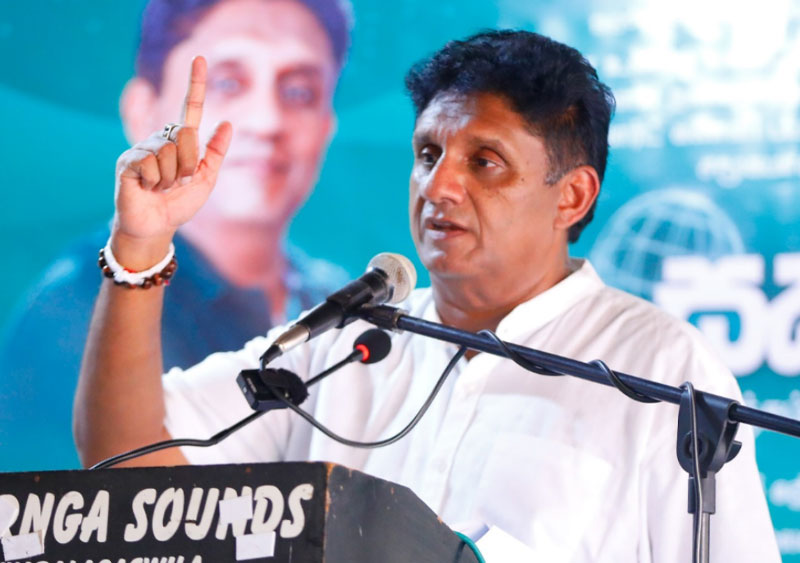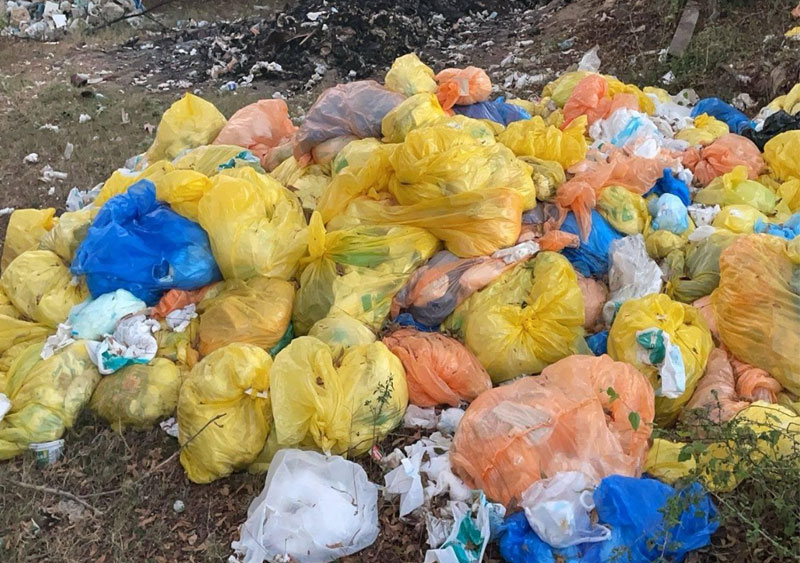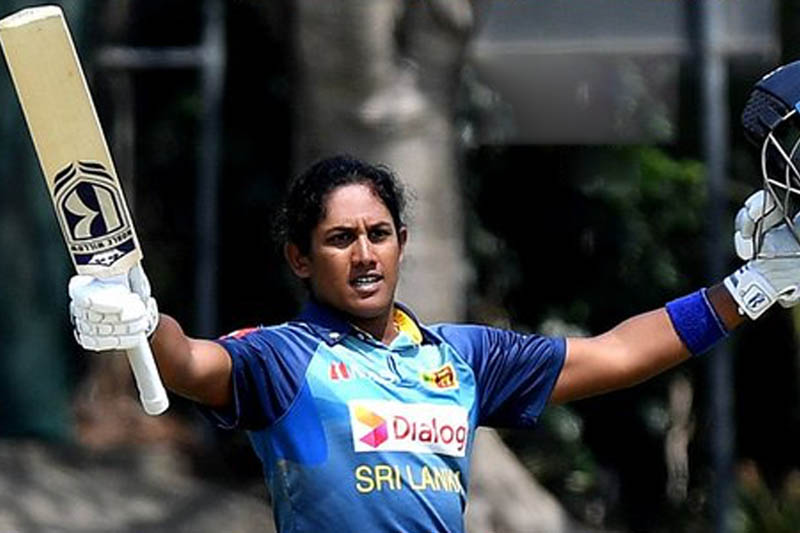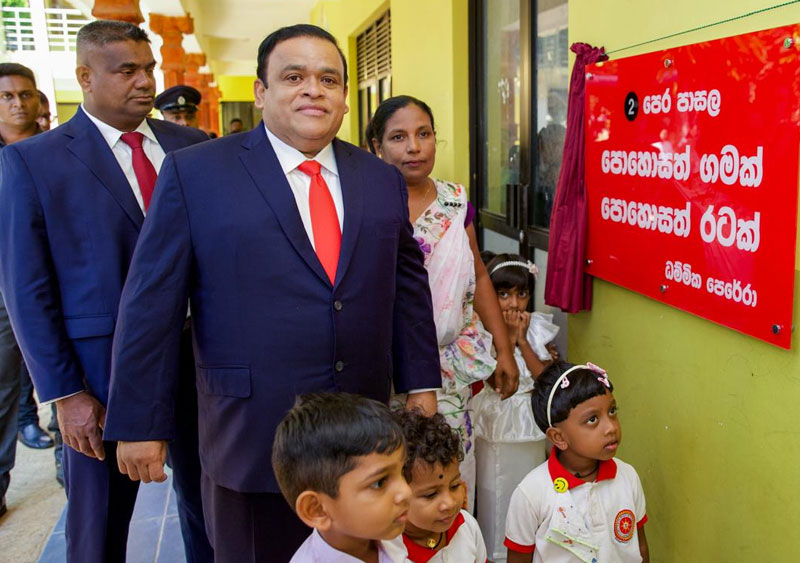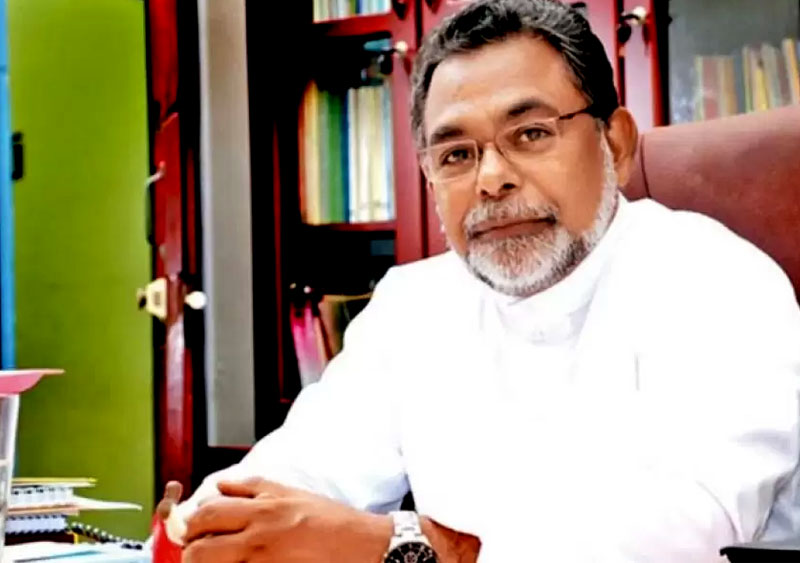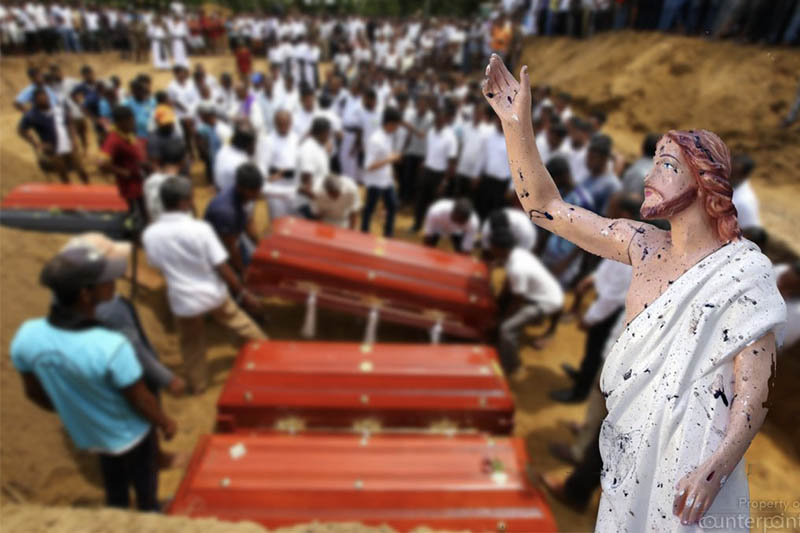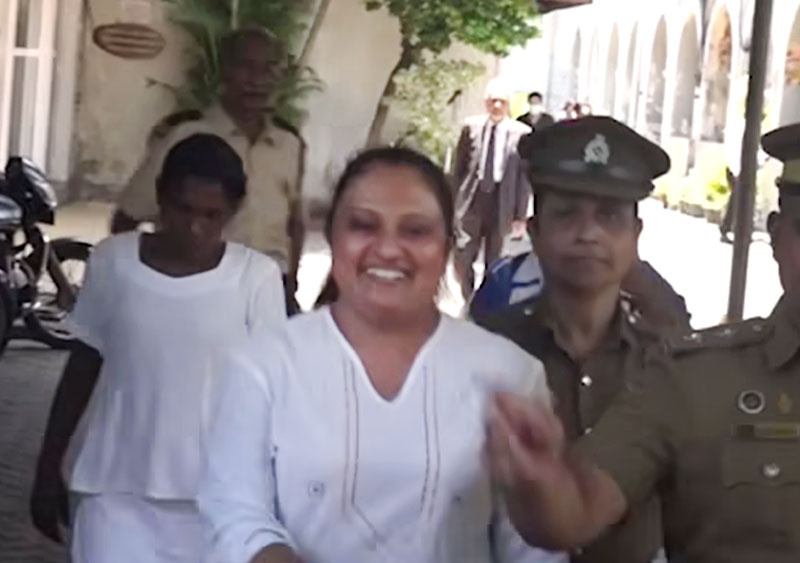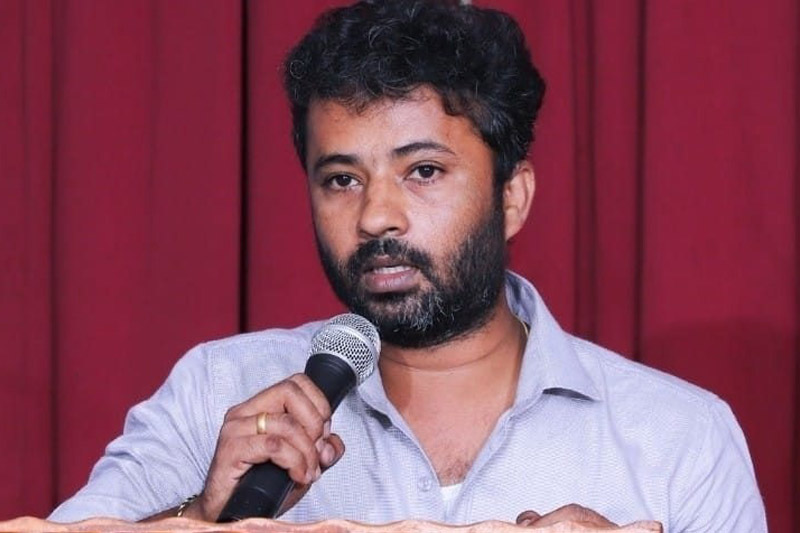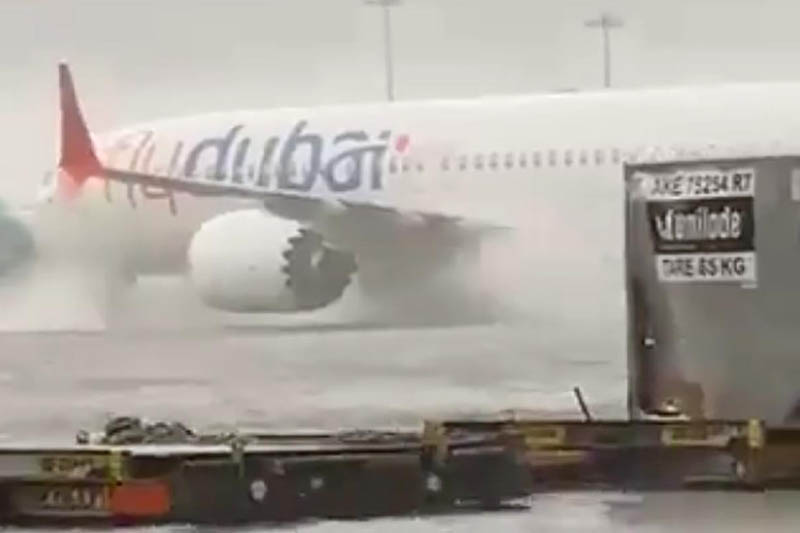UN High Commissioner for Human Rights Michelle Bachelet on Friday (25) said she was deeply alarmed over a number of human rights trends in Sri Lanka.
Despite recognising recent steps taken by the government to initiate reforms, Bachelet, in a new report for the UN Human Rights Council on developments in Sri Lanka since last year noted setbacks to accountability for past human rights violations and recognition of victims’ rights.
The High Commissioner highlighted the continuing precarious situation of the families of the disappeared – the majority of whom are represented by women and urged the government to acknowledge their sufferings, urgently determine the fate or whereabouts of victims, provide reparations, and bring perpetrators to justice.
"While we recognise the renewed willingness of the Government of Sri Lanka to engage constructively with our Office, including in the preparation of the report, we urge the Government to go much further with the legal, institutional and security sector reforms necessary to comply with Sri Lanka’s international human rights obligations," Spokesperson for the UN High Commissioner for Human Rights Ravina Shamdasani said.
Militarisation continues
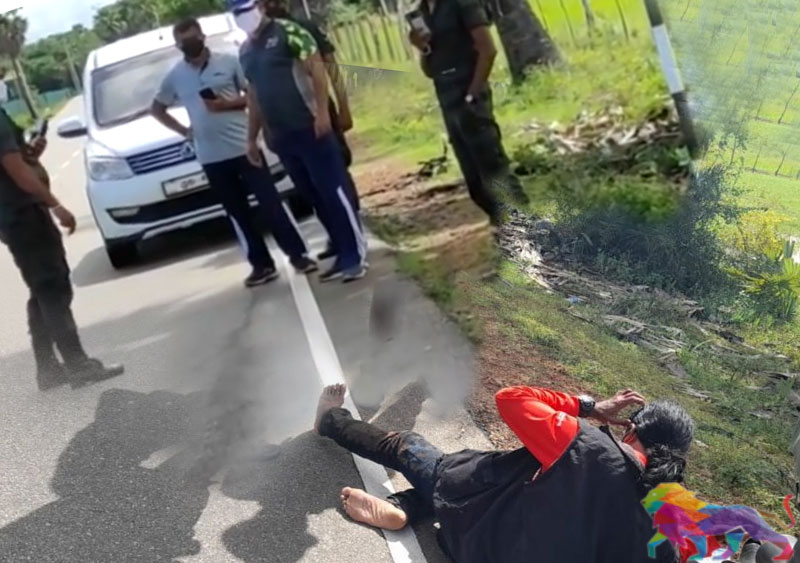
The Human Rights Commission of Sri Lanka (HRCSL) launched an investigation into the journalist who was injured in an attack by the army in Mullaitivu. On November 27, 2021, a group of soldiers with the army had allegedly attacked Vishwalingam Vishwachandran, a journalist who contributes to ethnic Tamil publications, with a palm stick wrapped in barbed wire while he was covering a commemoration for Sri Lanka’s civil war dead in the northern Mullaitivu district, according to a statement by local press freedom group Journalists for Democracy.
The report on Sri Lanka also highlighted continuing trends toward militarisation and ethno-religious nationalism that undermine democratic institutions, increase the anxiety of minorities, and impede reconciliation.
The pattern of surveillance and harassment by security forces of civil society organisations, human rights defenders, journalists and victims highlighted in previous reports has also continued, particularly in the country’s north and east.
Noting that the Prevention of Terrorism Act (PTA) Amendment Bill, which was presented to Parliament on 10 February, is an important initial step, the High Commissioner welcomed the proposed increase of magistrates’ powers to visit places of detention, the speeding up of trials and the repeal of section 14 which imposes serious limitations on publications.
However, the spokseperson noted that other proposed amendments do not comply fully with Sri Lanka’s international human rights obligations and leave intact some of the most problematic provisions of the PTA, which have led to alleged human rights violations, including arbitrary detention and and torture.
"While we welcome the release since June of more than 80 suspects detained under the PTA, we urge the authorities to impose a moratorium on continued use of the law.
Sri Lanka will only achieve sustainable development and peace and lasting reconciliation if it ensures civic space, independent and inclusive institutions, and puts an end to systemic impunity," the spokesperson added.

